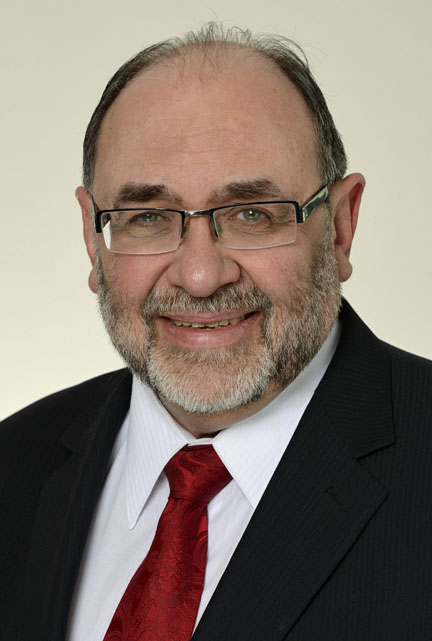Lawyers who act in real estate transactions will now be required to sign a declaration at the end of each year to confirm they know how to avoid becoming a victim of mortgage and real estate fraud.

The Law Society of Upper Canada’s Convocation approved the
declaration yesterday. The document is a list of fraud-proof practices lawyers are expected to know and exercise.
The move is another attempt at curbing the high number of mortgage and real estate fraud claims the law society sees every year. Investigating these claims takes longer and requires significantly more resources, says the law society. In addition, lawyers involved in such cases have said they were not aware of some of their responsibilities.
Not allowing staff to use a lawyer’s Teranet diskette and keeping its password private is the first statement of the declaration. Effective this year, lawyers will also confirm they are aware of their duty to supervise all non-lawyers who worked for them. As well, they will check off a statement saying they know they’re not allowed to act for both a borrower and a lender in the transfer of title to property except in limited circumstances.
According to the law society’s professional regulation committee, real estate practice generated 20.1 per cent of all complaints between 2006 and 2011. Such complaints also comprised 29 per cent of all reported claims LawPRO received from 2000 to 2011.
There was some dissent in Convocation about singling out the real estate bar for the new requirement, but the majority of benchers agreed the declaration is needed.
“The reason why we’re targeting the real estate bar is because the fraudsters are also targeting it,” said Bencher Alan Silverstein, who supported the motion. He emphasized that many real estate lawyers don’t realize the Teranet diskette is their “electronic signature” instead of merely a way of accessing a program.
Lawyers whose employees acted inappropriately in real estate transactions will be held liable by the law society for “failing to be on guard against being duped by unscrupulous persons.”

 The Law Society of Upper Canada’s Convocation approved the declaration yesterday. The document is a list of fraud-proof practices lawyers are expected to know and exercise.
The Law Society of Upper Canada’s Convocation approved the declaration yesterday. The document is a list of fraud-proof practices lawyers are expected to know and exercise.